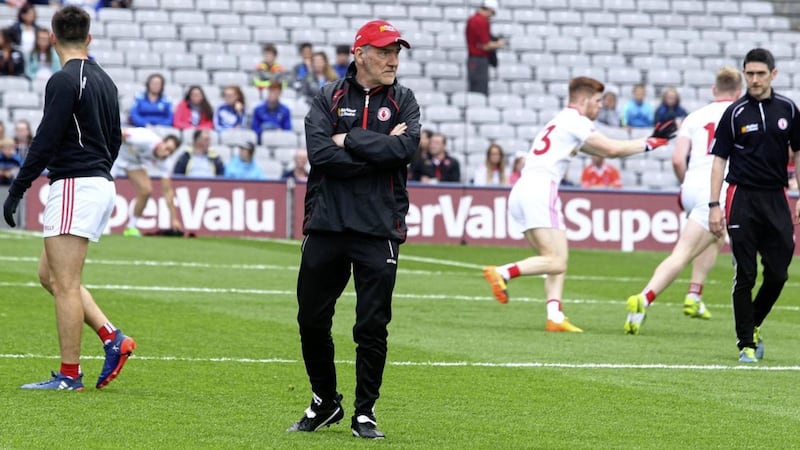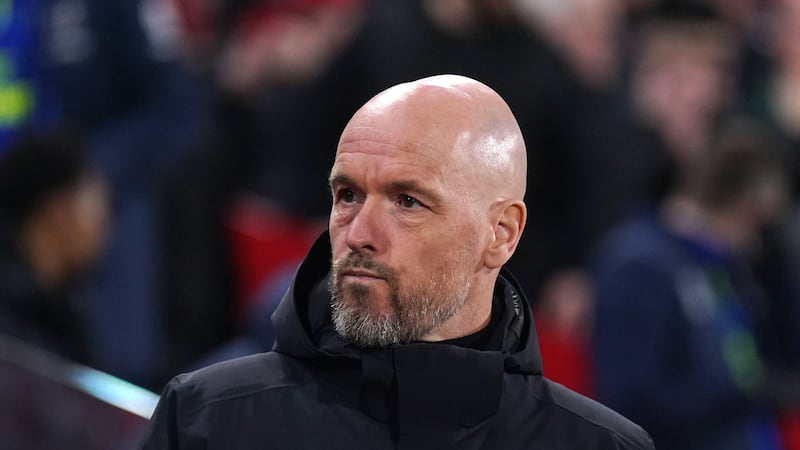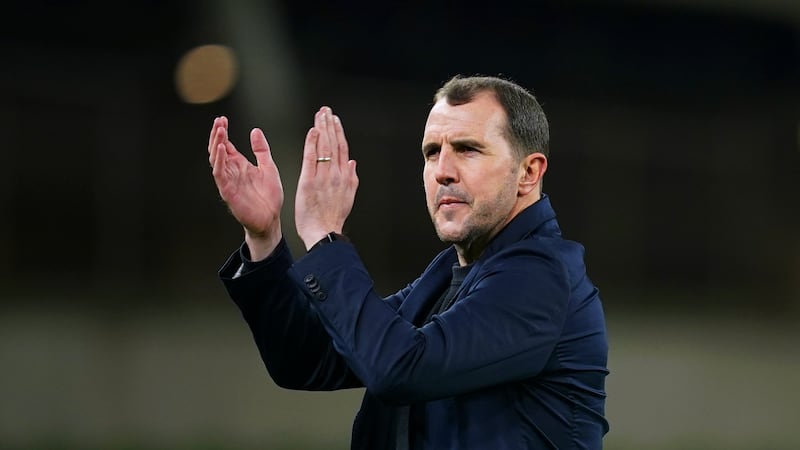As a former player one of the common questions to be asked is whether you will go into management. I didn’t know. I didn’t know if it would be for me, didn’t know if I would enjoy it or not or would I be able to do it.
I remember one of my previous managers telling me that it doesn’t replace playing but it’s the nearest thing you can get.
Managers come in many forms in the GAA. First of all is it manager or coach? In other sports there appears a distinct difference.
In Gaelic the terms are interchangeable and only in some of the true county senior setups where tasks are delegated to a multitude of sub specialty staff is the pure term manager truly apt. I have been very lucky to be managed by many excellent individuals.
One of the reasons why I didn’t know whether I’d be any use at management was that it was clear from my own experience that so many different personalities and styles existed.
Many appeared to miss traits you would have thought essential yet still were excellent.
A perfect manager would be all things to all people yet this is obviously not possible.
In the GAA there are some classic management types.
The best mate, good for craic not for discipline.
The ultra serious, opposite of best mate, great discipline, no craic.
The gentleman, treats everyone really well but will get messed about by certain players.
The psychologist, will want to really understand each player but can forget that there is a game to win. The marine commander will be able to scares the bejeezus out of everyone but can fail to put the arm round the shoulder of a player who needs it. The stato and systems man, who knows every statistic, formation and player but forgets a game is not played on paper and facts don’t exist within the white lines.
The wannabe player, usually recently retired, throws himself into a few drills (usually shooting), wears cool gear and under armour and spends more time in the gym than the players.
The Veteran, opposite to the wannabe player, he will be in the roughest clothes and have the signature rough monkey cap.
He’ll have no mod cons, love laps and hate social media.
This list of characters is before we even get near a field or start to look at the varying tactical approaches.
There are bits within all of these traits that are very useful to have yet it’s obvious no person can expect to have them all. If they do it’ll come across as fake and they will crash and burn. I have seen people try to be people they are not.
Friendly men trying to be marine commanders, psychologists trying to be good craic. What was clear from the best men and setups I have worked under is that they were true to themselves wherever they fell on the management spectrum.
They were authentic, knew who they were and comfortable in their own skin.
The best ones often surrounded themselves with a management team with people with distinct skills and traits to themselves so that as many bases were covered as possible.
In the end though they all had an X factor. Something intangible about them that set them apart and made them leaders.
Recently at intercounty level there has been a trend for managers to be as one dimensional as possible in how they portray themselves.
This has undoubtedly went hand in hand with the explosion in media coverage over the past 10 years and the feared ability of this to infiltrate teams preparations.
Like the famous depiction of the faceless business man in the bowler hat in the Thomas Crown affair, we have the faceless manager in the bainisteoir bib.
The zenith of this, as with his team is Jim Gavin.
He presents a facade of dullness and cliché that seems a contradiction to the hungry, motivated team he can send to the field. It’s not just Gavin, Eamon Fitzmaurice, Stephen Rochford, Mickey Harte, Kieran McGeeney to name but a few, present very reserved faces to the world.
I don’t buy into it for a second and it is perfectly clear from the way the teams play for these men that there is much more to them than meets the eye.
I wonder, as our games mature and we get more comfortable with the media scrutiny will we start to see more overt characters again.
Soccer at present appears full of charasmatic managers, think Mourinho, Klopp and Conte yet there is still place for the much more reserved Guardiola and Wenger.
As always it takes all sorts.
It is likely a trend just like everything else.
Harte, as often the case, probably led the way to an extent with his famously passive side-line persona.
His success changed the persona of the manager.
The best managers however will continue to do what fits for them.
Davy Fitzgerald is certainly colouring the hurling landscape though the attention he gets is unlikely to make others follow suit.
If he wins a few All-Irelands however that will change too!
In the end, it still comes back to the players.
The best managers get this best. They are able to transfer ownership of on field performance and results to the players.
It is easy in the modern game for players to be reliant on their manager to set systems, motivate, alter tactics, set the tone etc. Such players in big games when things are going wrong look to the side-line for the situation to be fixed.
The best players and teams don’t look to the side-line.
They have the ability to react and sort it themselves.
That’s the X factor of the best manager, to have a team that looks like it could manage itself.








